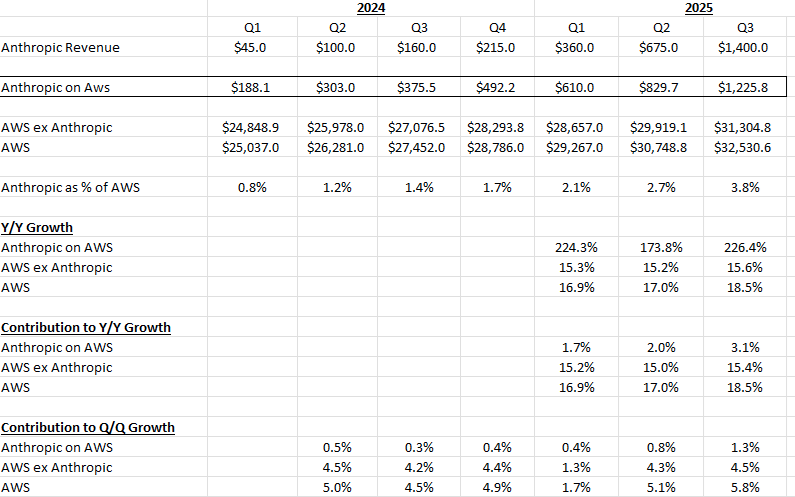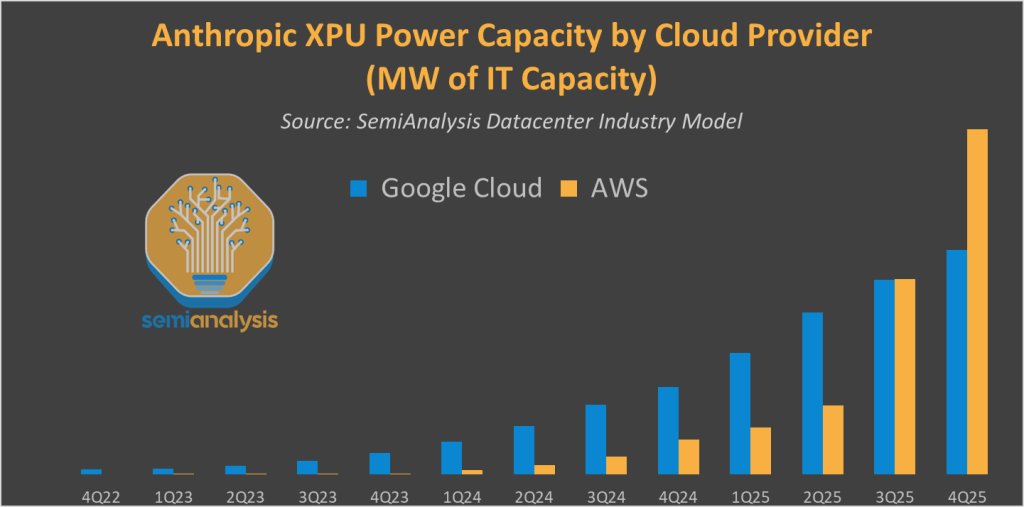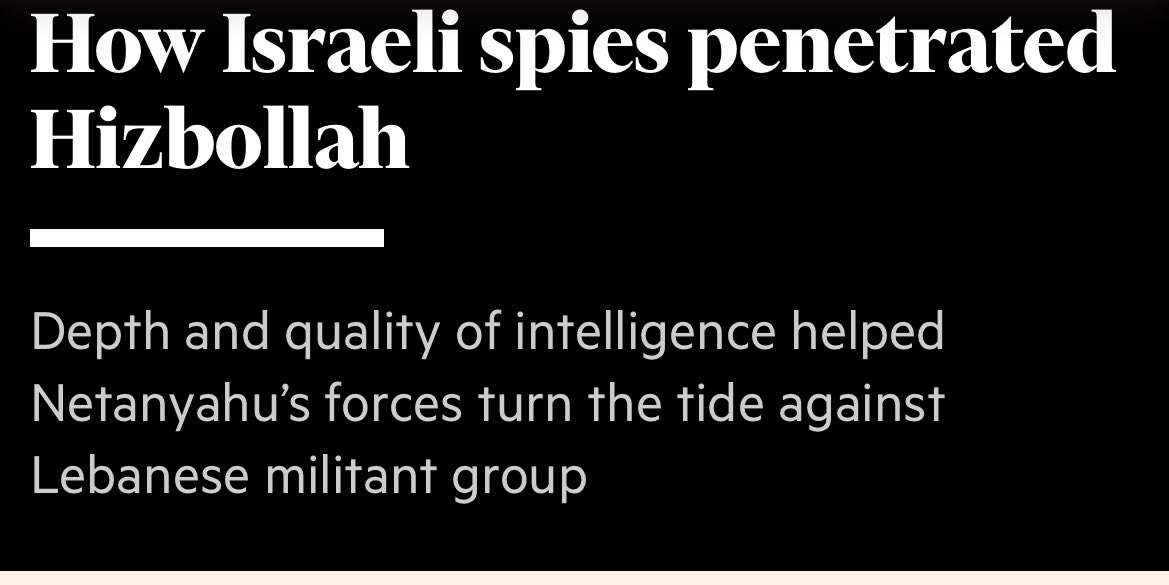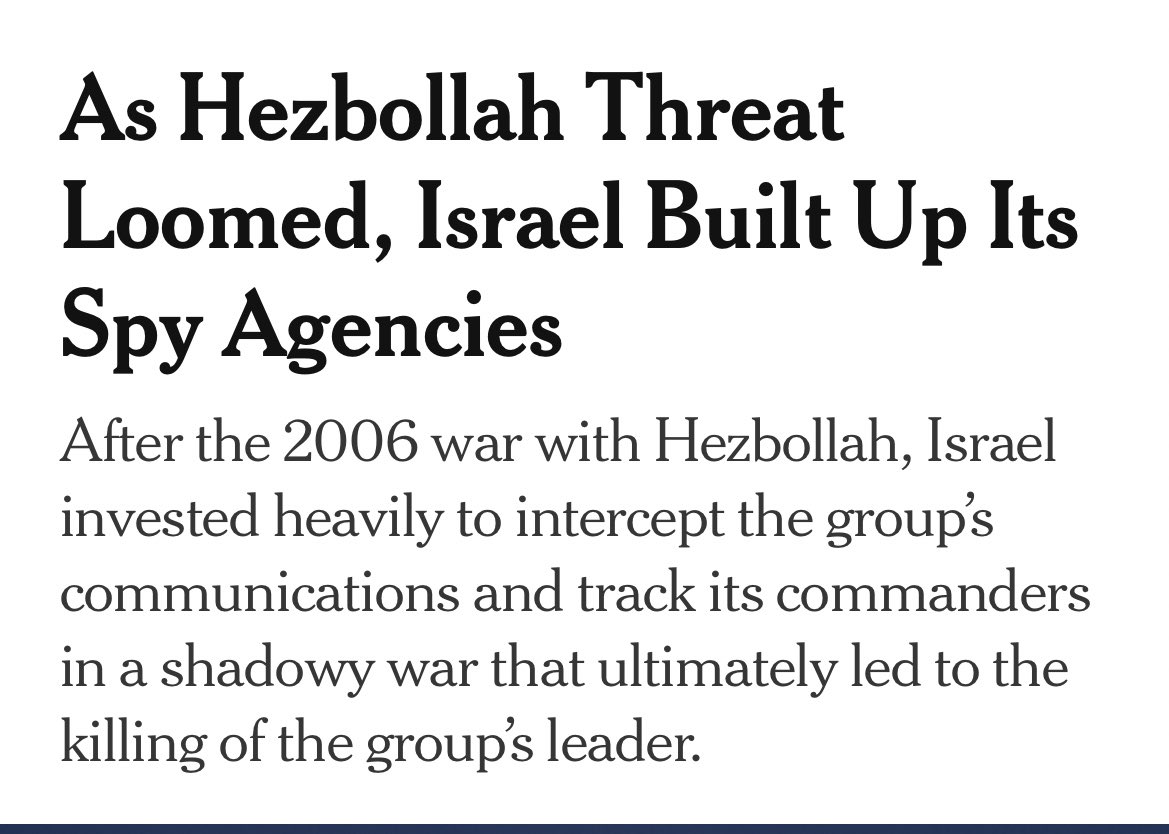Just finished rereading Netflixed. Good quick tale of the founding through Qwickster. Renewed appreciation for how farsighted and bold Netflix was. At almost every decision point, they went for broke. I want to focus on one of those, because it’s pretty wild. Total Access.
Blockbuster couldn’t find a way to overcome Netflix head to head. But market research showed ability to combine rental by mail with in store was a game changer. Amazingly Blockbuster stores were not wired (2007!) so they had to rig a system to connect online and in store rentals. 

Netflix immediately realized the threat. “Had to find a way to make Total Access disappear, because ... no good way to counterprogram” 

Total Access grabbed 1M subs in two months and was taking over 100% share. Netflix modeled that it was bankrupting Blockbuster, So Hastings invited Antioco to a meeting in Sundance. 

Hastings told Antioco he was spending the company into ruin and offered to buy Blockbuster Online subs. He later followed up with $200/sub offer. Antioco demurred, realizing he had Netflix on the ropes. 

Now the fun starts. At Blockbusters Board meeting. Antioco suggested they turn down the offer. The Board agreed. Then turned to his comp. He had hit the targets set by the Comp Committee so expected perfunctory approval. Icahn exploded. Icahn was on the Comp Committee! 

Antioco sues the Board. Late one Friday night, after midnight and apparently a few martinis, Icahn called him at home. Antioco‘s wife ran and got him a bottle of tequila, which wow absolute hero of the story, and they proceeded to go bonkers at each other. 

TL,DR: Antioco quits, and against all logic instead of hiring the COO, Icahn hires an ex 7-11 retail guy whose plan is to do everything that Blockbuster already tried and failed at. After he laid out his plan, the entire exec team sold most or all of their stock next open window! 



The architect of Blockbuster Online quickly left after the new CEO came in. He ended up at a dinner with Hastings. “You had us in checkmate” Hastings told him. 

There are always what if stories on the road to domination - Yahoo buying Google etc - and Netflix is no different, except they may have more than most. But what if Icahn hadn’t gone full Icahn is one of my favorites, because of course he’s Carl freaking Icahn /end
One guy who ran the numbers and figured Blockbuster wouldn’t have the stomach for mutually assured destruction was @mariocibelli. He is the OG Netflix 🐂. 

I ran out of space, but this was savage. Not only did the Blockbuster execs sell all their stock, they bought Netflix stock! Not sure I know of any other example like this
https://twitter.com/firstadopter/status/1155156173752033281?s=21
• • •
Missing some Tweet in this thread? You can try to
force a refresh





























